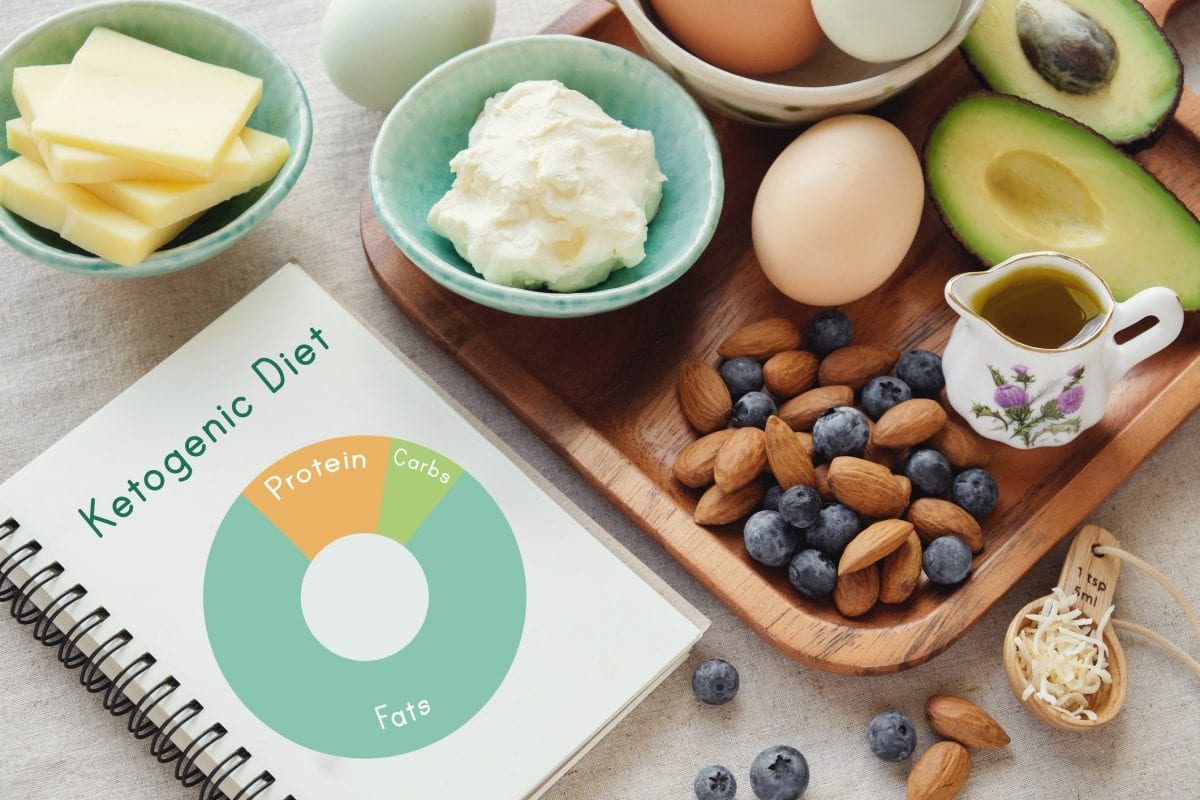Despite the restriction of carbohydrates in keto diets, the amount of protein you take plays a crucial role in your journey. Eating too much could impair ketone production while eating too little protein is not ideal either. Here are some points on why the level of protein intake is important for benefiting from a keto diet:
1. Avoids muscle loss during the diet
The nutrients that make up proteins are amino acids, which are the building blocks for body tissues and are used as a source of energy. On a daily basis, protein is broken down in your muscles, thus a new supply of amino acids, which make up protein, is needed to create new muscle. With too little protein during a ketogenic diet, it can cause muscle loss since you are also not having enough carbohydrates in your diet. This is why eating enough protein is important, so that your muscle mass is preserved and building up continuously. Biohackers Lab explains and expounds more on this. To know more about how much protein you should have a day, you can also watch this video:
2. Helps in weight loss
Having enough muscle tissue helps you burn more calories. With a healthy and continuous creation of muscle, you can achieve weight loss with an adequate amount of protein in your diet.
Moreover, protein intake can decrease your appetite while making you full. Since food with high levels of protein takes a longer time to digest, your body uses more calories to digest the protein. Taking more time to break down the protein also means that you are kept full for a longer time. As a result, you’ll eat less while your body burns more calories given the protein and muscle creation.
It helps you control your appetite, boost the rate of metabolism, and promotes muscle retention all at the same time.
3. Prevents gluconeogenesis
Taking in too much protein might result in gluconeogenesis, which is essentially protein converting to glucose. If you take in too much protein, that will add to the amount of sugar in your blood and increase the release of insulin, especially if you don’t watch your carbohydrate intake. As a result, this will negate the effects of omitting carbohydrates and sugar from your diet.
4. Maintains ketosis
One of the objectives of a ketogenic diet is to maintain ketosis, which is a state wherein ketone levels are raised. This is usually recommended for some medical purposes to help treat patients with epilepsy or other illnesses. If you have the correct amount of protein intake, you will be able to maintain ketosis, which will, in turn, help your condition.
It’s essential to maintain correct protein levels to elevate blood ketones and keep blood sugar levels at a low.
5. Avoid kidney problems
When you are on a keto diet, you will typically need a moderate amount of protein intake. Having too much will hinder your body’s ability to get into a state of ketosis. If you have too much, excess protein will get converted to glucose. As a result, this may cause kidney issues.
Usually, high-protein intake doesn’t cause kidney problems. However, if you are already limiting your carbohydrate intake coupled with a high protein intake, it may cause problems for your kidneys.
6. Avoid protein deficiency
Hitting the right amount of protein intake in your diet will also prevent many side effects from having protein deficiency. Some side effects include:
- Bad workout performance – A lack of protein will make your muscles weak and cause you to lose muscle mass. As a result, your physical performance will also take a hit.
- Neuron atrophy – For your brain to function at an optimal level, your protein levels need to be at the correct amount. A diet that is deficient in protein will result in neuron loss or atrophy.
- Weakened immune system – Because protein also contains nutrients that contribute to the regulation of your immune system, not taking enough protein will result in a weaker immune system.
- Increased risk of illnesses – Without the right amount of amino acids found in protein, you are at the risk of developing certain diseases such as asthma, pulmonary diseases, and cardiovascular diseases.
- Hormonal problems – Protein deficiency can also cause hormonal problems and can result in depression, irritability, and difficulty in sleeping.
Conclusion
The right amount of protein intake differs for everybody. Be sure that you find the correct dosage of protein depending on your body. As you can now see, there are many benefits of getting enough protein. At the same time, there are also dangers of taking too much or too little protein during your keto diet. Consult your nutritionist to get just enough protein for your body.








